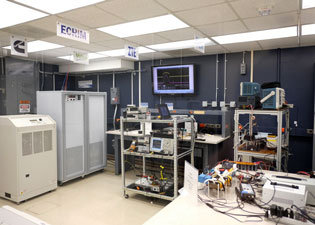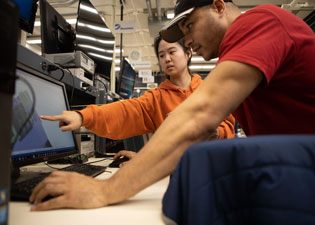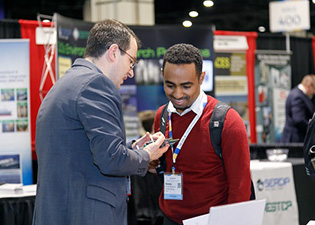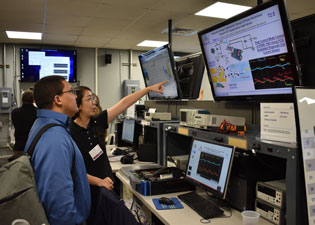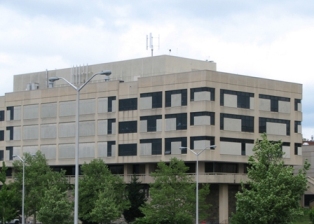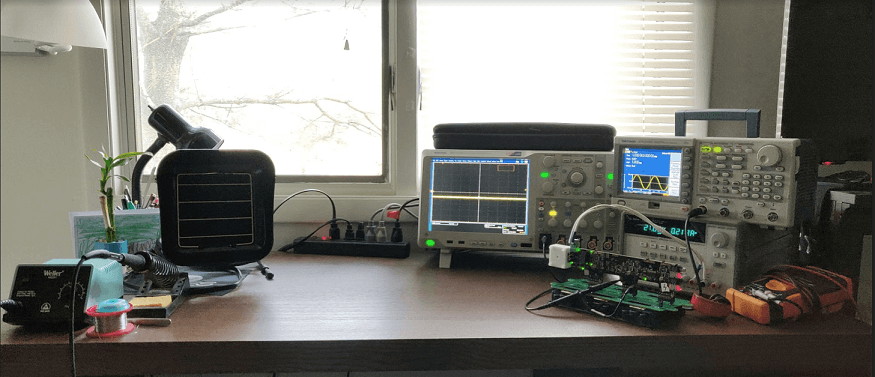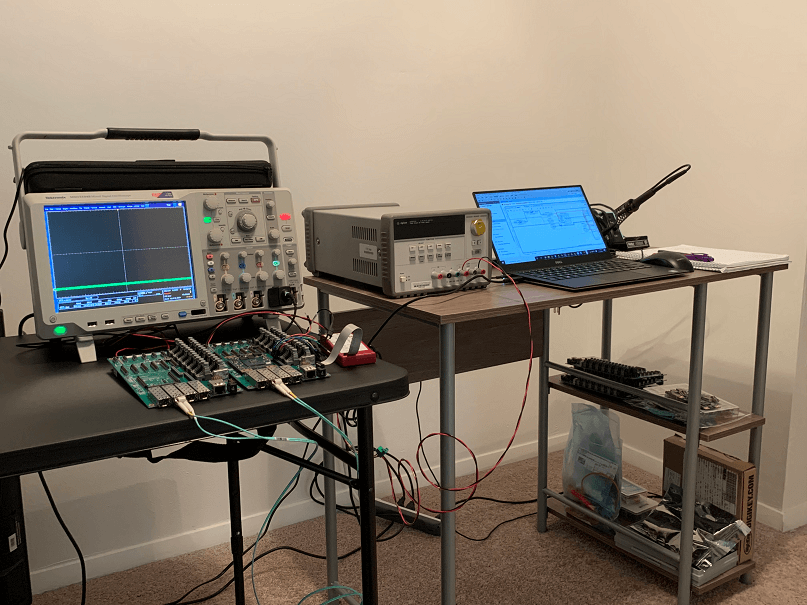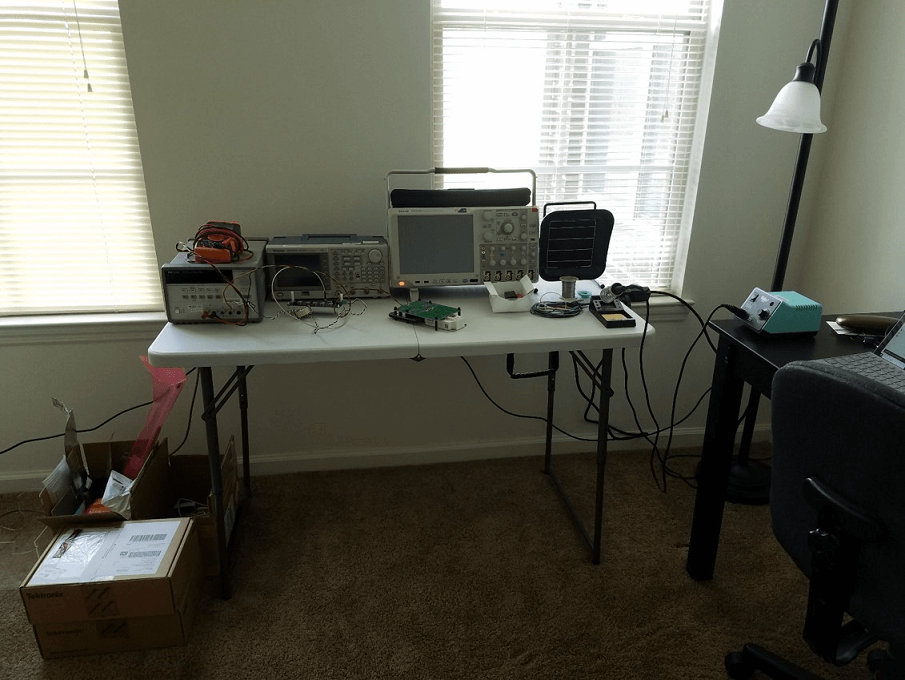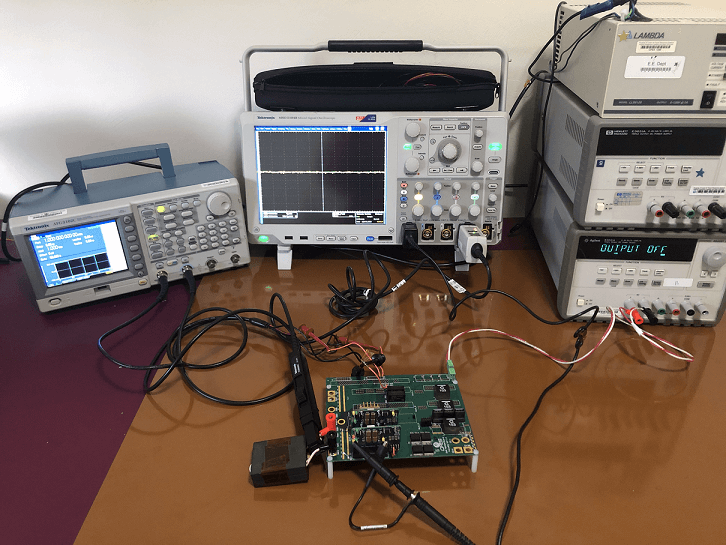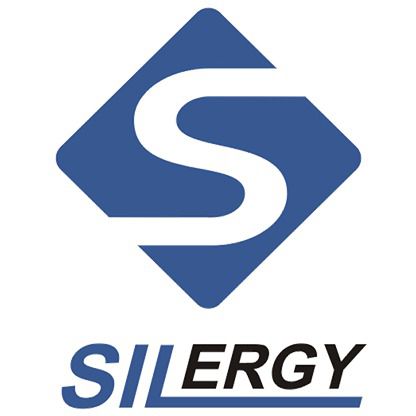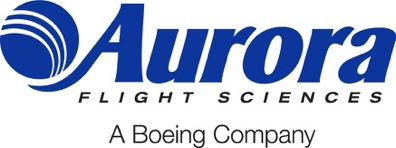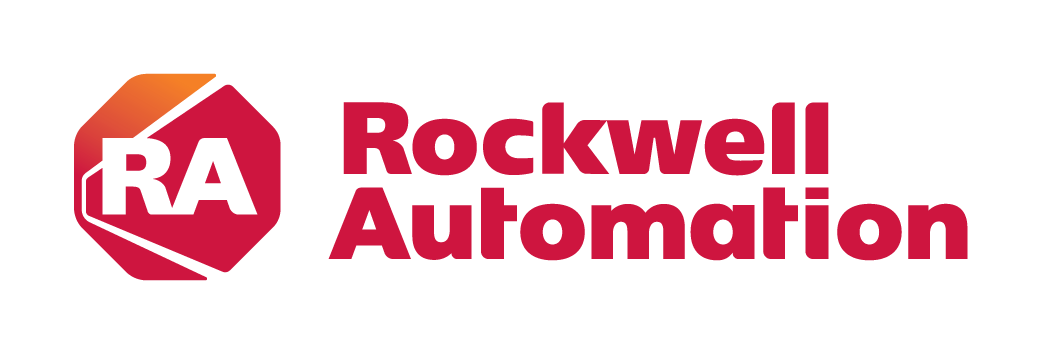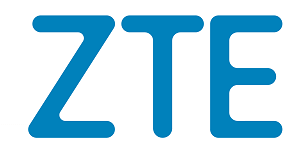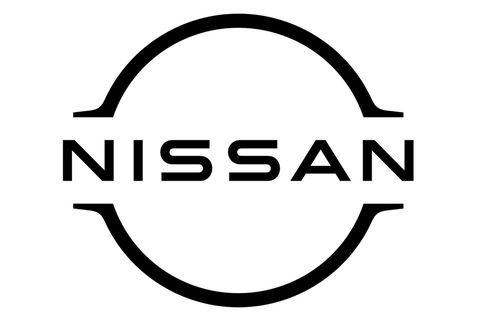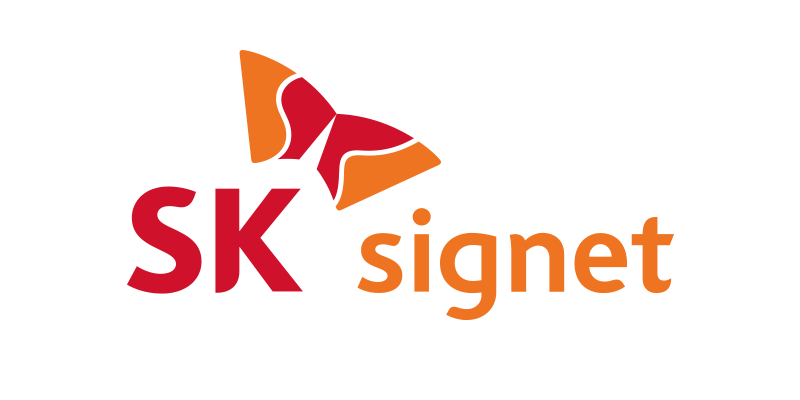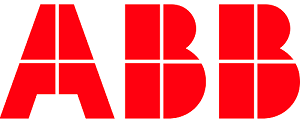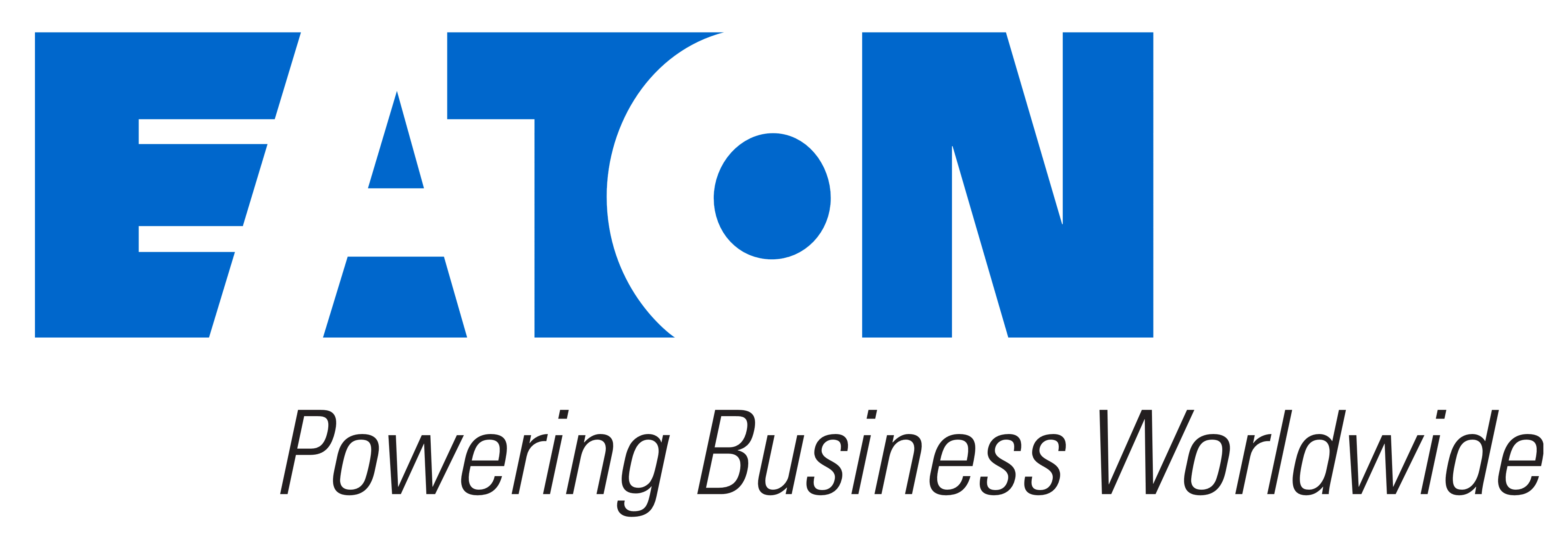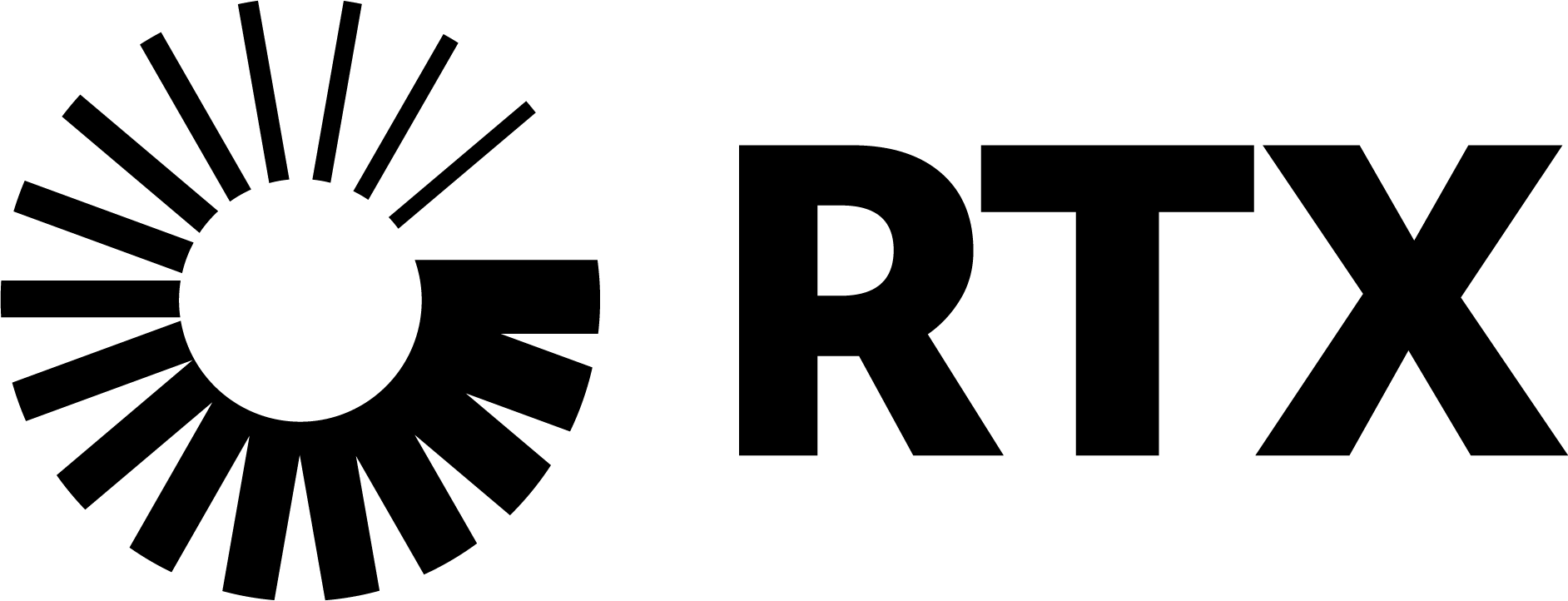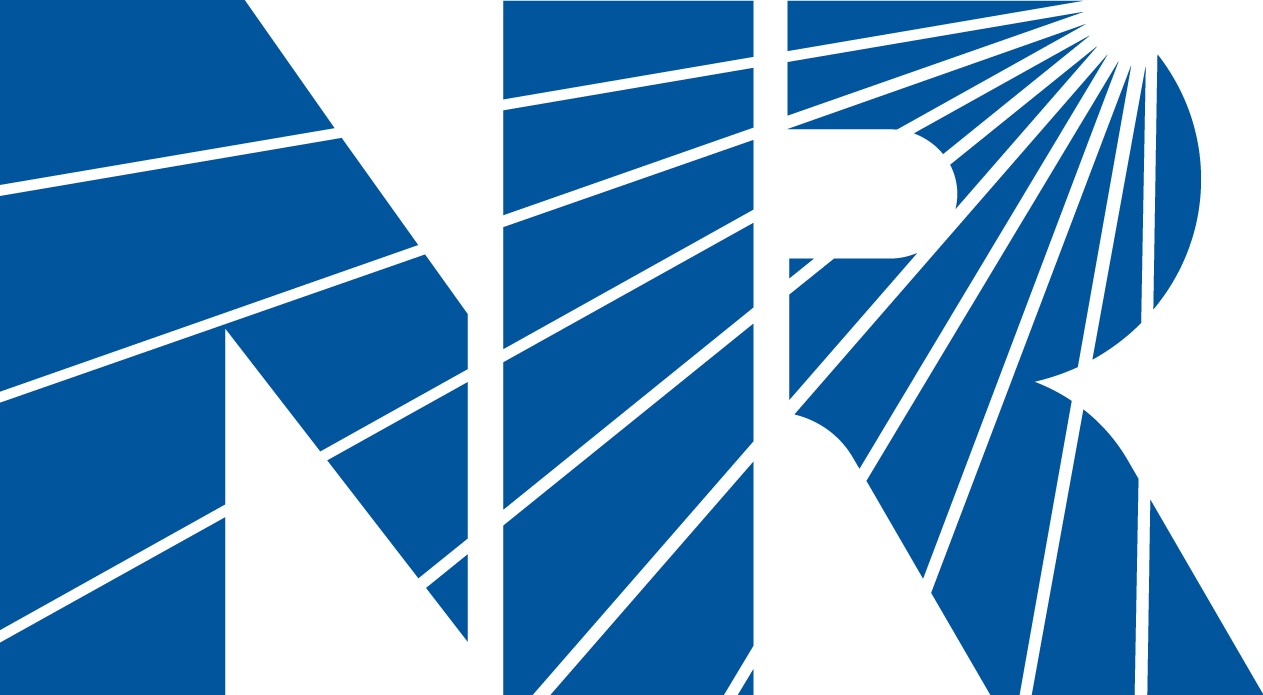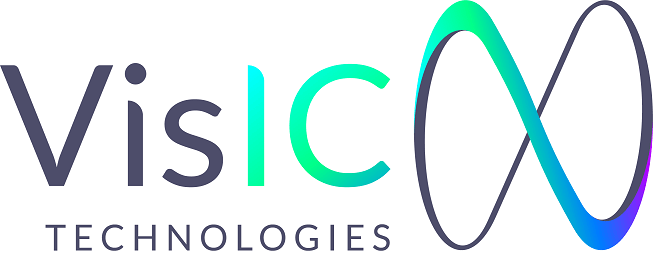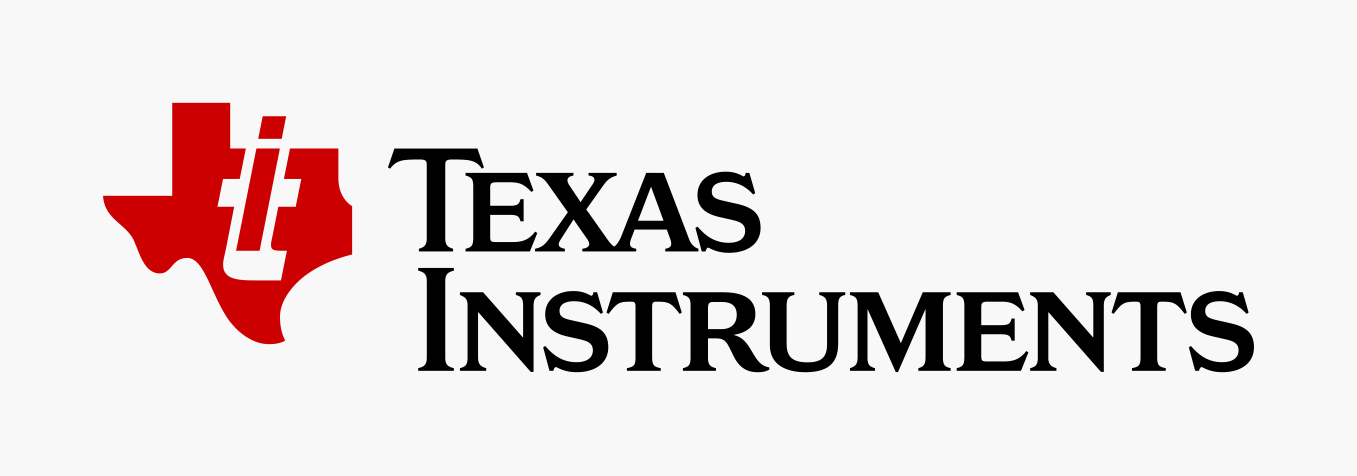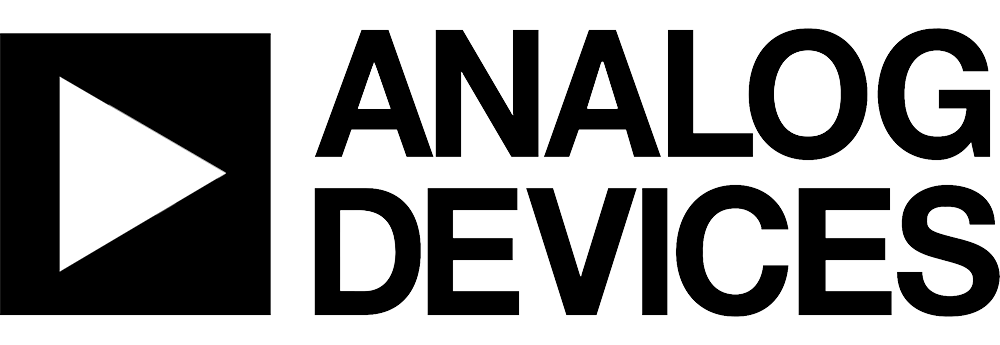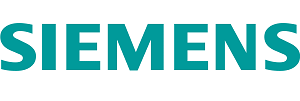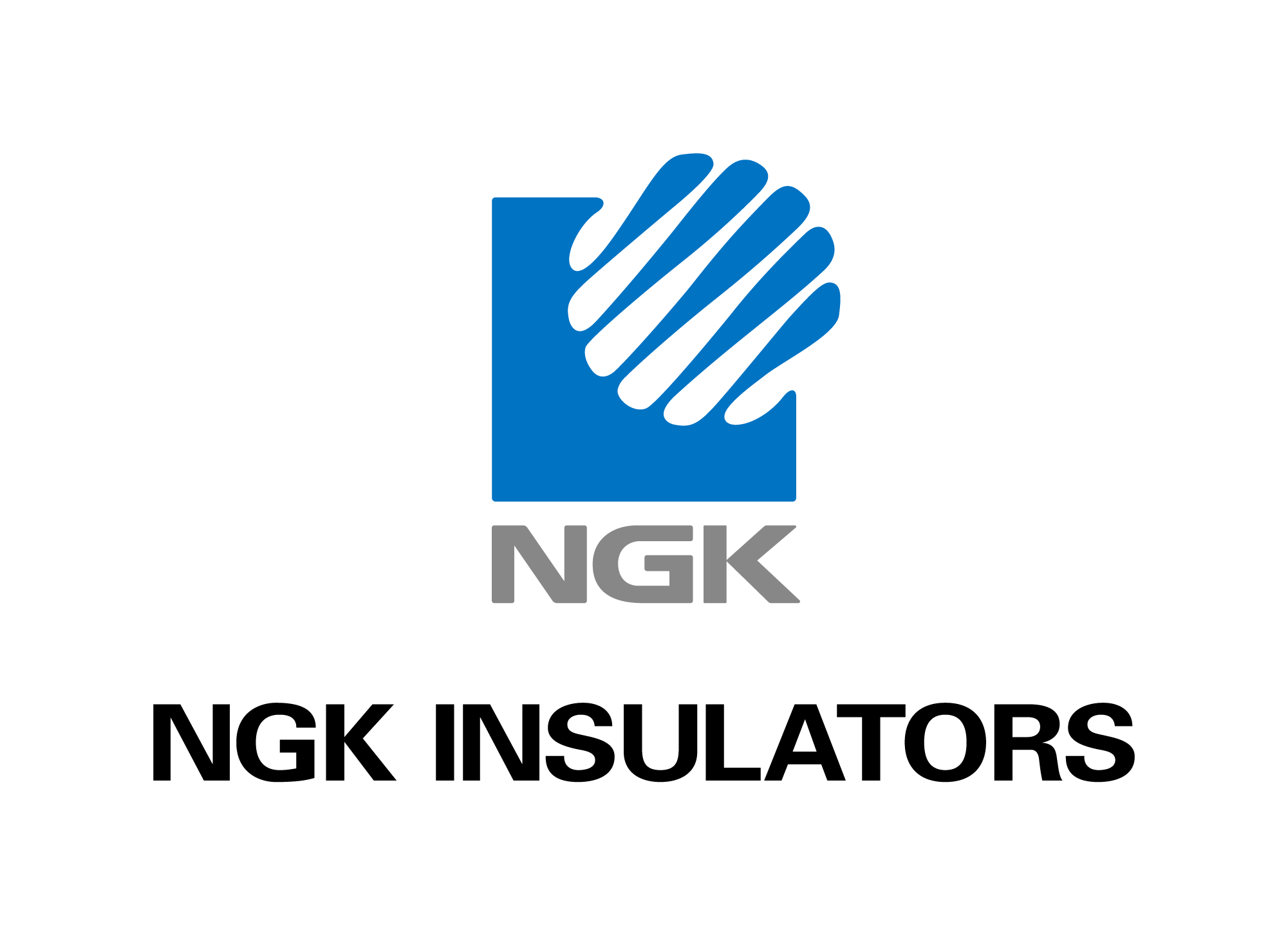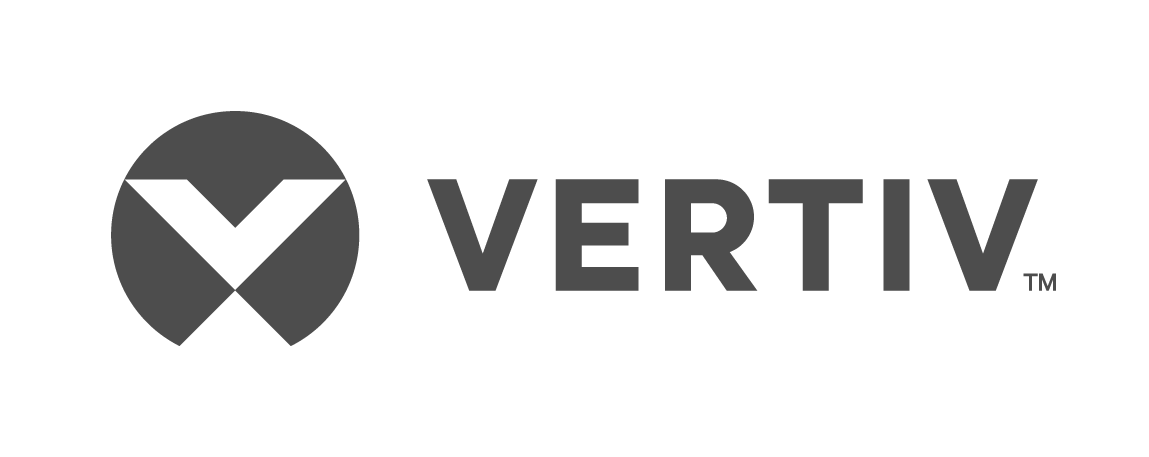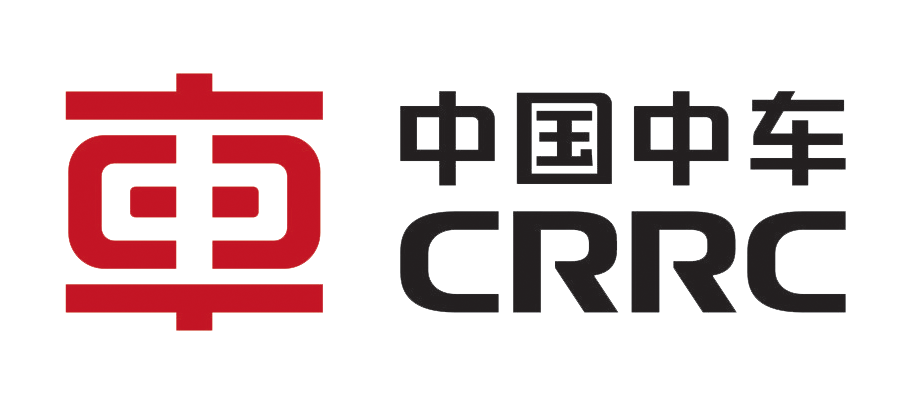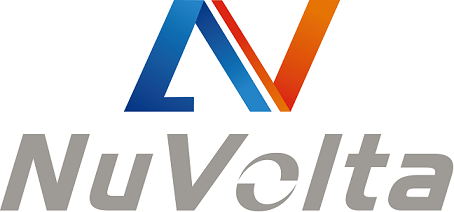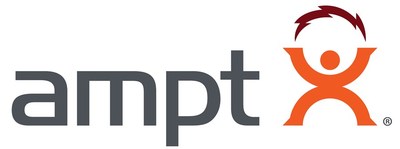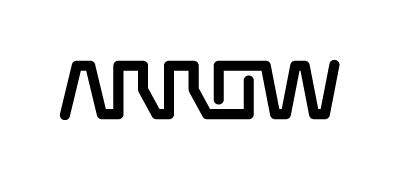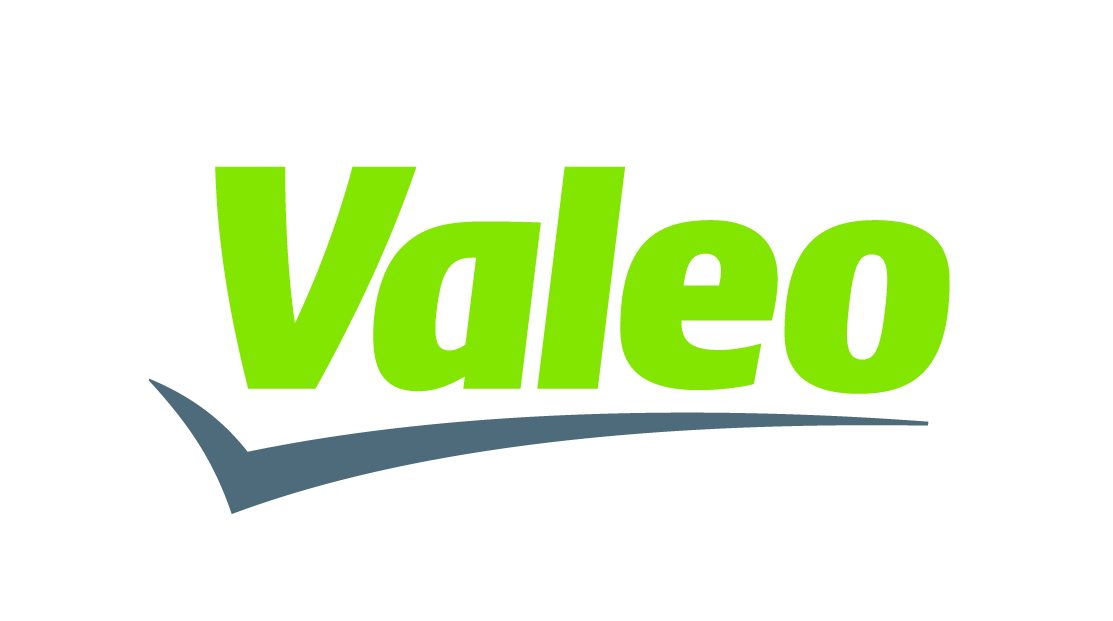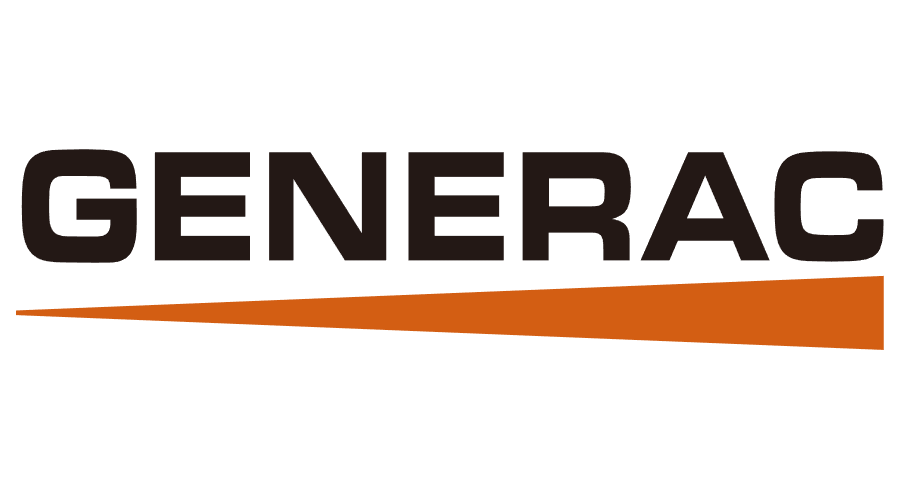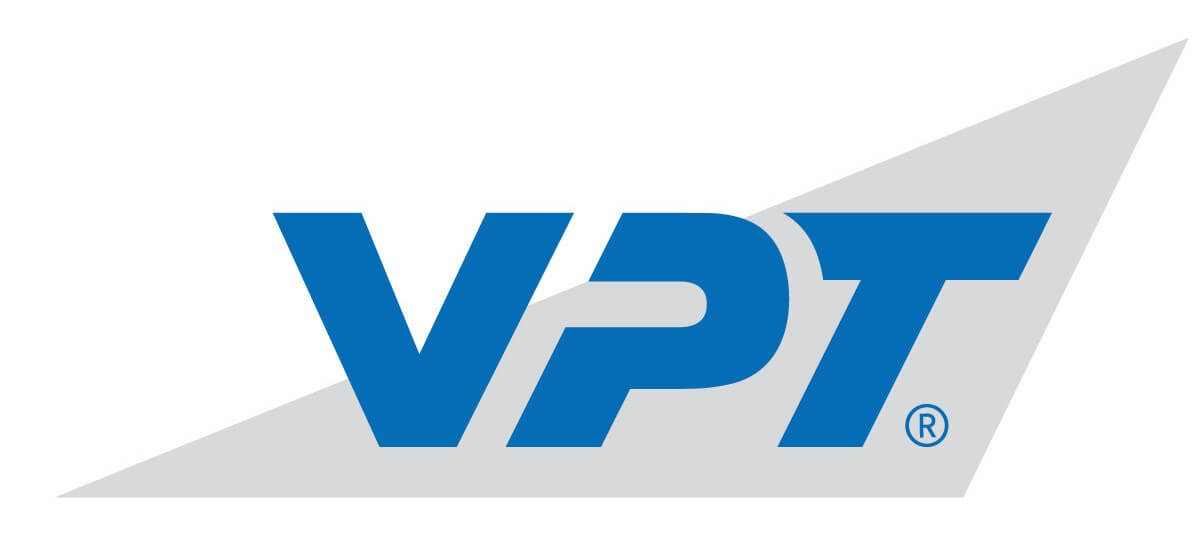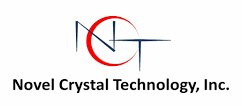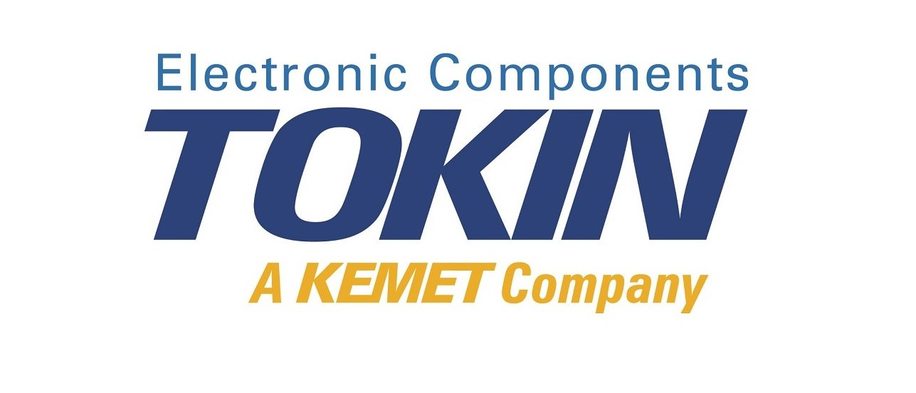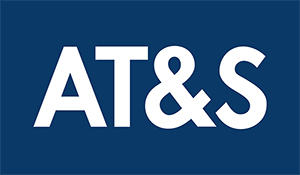NEWS & EVENTS
CPES safely continues innovative research amidst COVID-19 pandemic
May 11, 2020
The COVID-19 pandemic has greatly affected the way humanity interacts on a personal and professional level. As a result, CPES and company members have adapted the way they conduct work and research.
In organizations where personal interaction is crucial to success, transitioning to a workplace in a quarantined environment is inherently a difficult task. A large part of what makes CPES a leading research institution is not only faculty and student access to world-class facilities but also constant interaction with top minds in power electronics from around the world. Research success is built off of a strong collaborative effort of the whole. However, in-person collaboration has suddenly been brought to a halt, disrupting this integral part of the CPES experience.
On Friday, April 3, Virginia Tech followed the actions of many other research institutions by moving most university functions off-campus. For classes, the rest of the semester was set to be finished online. Nonessential personnel were instructed to work from home in the wake of the virus outbreak. CPES followed all university safety precautions by immediately restricting access to all facilities and enabling faculty, students, and staff to work from home. As a result, the lab activity in Blacksburg is currently far from its usual bustle. Workbenches, where more than 70 students and visiting scholars were researching less than a month ago, are now sparsely populated.
With such a severe change, CPES was tasked with quickly finding an effective way to continue operation. CPES had to find the optimal solution to continue progress and therefore uphold the organization's values of education and research, with an added focus on the safety of all involved.
After much logistical work on the part of many, CPES has been able to continue all research activities. The organization has even been able to continue experimental work on hardware. University protocol was followed with writing, advising, meetings, reviews, and simulations fully transitioned to an accessible online format.
Some students have been able to continue their progress without visiting the lab thanks to Lab@Home which makes available CPES equipment for low-power research. The loaning of CPES lab equipment has provided an alternate way for students to complete testing work that they would otherwise need lab access to conduct. Tools and equipment that can be easily transported and taken home were identified for student use. If a student wishes to use a certain item, they simply reach out for approval to their major professors and CPES Director Dushan Boroyevich. After approval, CPES Lab Manager David Gilham works with the student to provide the necessary equipment and tracks the loaned items.
With the proper equipment much of the building and testing of student projects is now done at home with residential low power supply. Third-year CPES student Yu Rong, who is currently working on communications between large scale Power Electronics Building Blocks (PEBB), commented, "there have been no problems for me with taking home lab equipment," and that, "being able to have all of the equipment at home is exciting." Rong continued saying that, "while I am missing some things that are available in the lab, my productivity has remained very similar to what I was able to do previously." At home, students are writing their papers, patents, theses and dissertations, and progressing towards their degrees uninterrupted.
However, there is a limitation to what work can be completed in a home environment. For instance many current CPES projects require a higher power supply than what is residentially available and special testing equipment which requires lab access.
To address this necessity for some students, CPES Webmaster Matthew Scanland designed and implemented an online solution to manage highly restricted lab access. Students who must use the lab simply logon to the program and apply for time slots in advance which are again approved by major professors and Boroyevich. Time slots are limited to three continuous hours, with a maximum of 18 hours weekly for each student. The idea behind these limitations and how slots are scheduled is to keep the lab from becoming crowded and therefore minimizing student exposure to others. Once in the lab, students must wear masks and gloves. David Gilham manages how many students are in the lab at any given time ensuring a maximum of 1 person per 50 sq.m (500 sq.ft.). As an added health measure, full disinfection is provided between shifts, and all surfaces of the lab including door handles are sanitized twice per day.
Zhengrong Huang, a CPES student set to graduate at the end of 2020, is one of the students who is regularly doing work in the lab under the new restrictions. His current work on 3 phase ac to dc power conversion for EV charging or solar installations requires him to go into the lab to test hardware efficiency. Huang described some of his lab experience, "Progress is admittedly a bit slower due to limited hours but I can continue my project. I have no concerns about safety. The steps taken have been effective and have made the lab a safe place for all students."
While progress has continued as usual it is clear that there is one main aspect of work at CPES which students miss dearly. Chien-An Chen, a student graduating in May, shared that what he misses most is, "social interaction, talking to my colleagues, and the instant collaboration that is made possible by being in the normal lab environment."
Despite this, students have taken the changes in stride and are once again showing their dedication and hard work by continuing their projects and processes towards degrees.
The CPES Conference, where over 150 members come to see the progress of students and faculty at the labs, was unfortunately postponed from the originally scheduled dates of April 5-8. That postponement marked the first time in 38 years that the conference was not able to be held as scheduled. Dushan Boroyevich spoke on the postponement, "we are missing very much the energy we normally have at this time after the CPES Conference and the 'social gathering' that goes with it."
The conference has tentatively been rescheduled for Aug 30-Sep 2 with a final decision to be made soon.
CPES has put a great deal of work into keeping up the high level of operation that members have come to expect out of it and thanks them for their continued support. The organization plans on continuing to function at the fullest through this pandemic and wishes everyone the best of health in these challenging times.
Learn more about https://cpes.vt.edu/news/news/975


